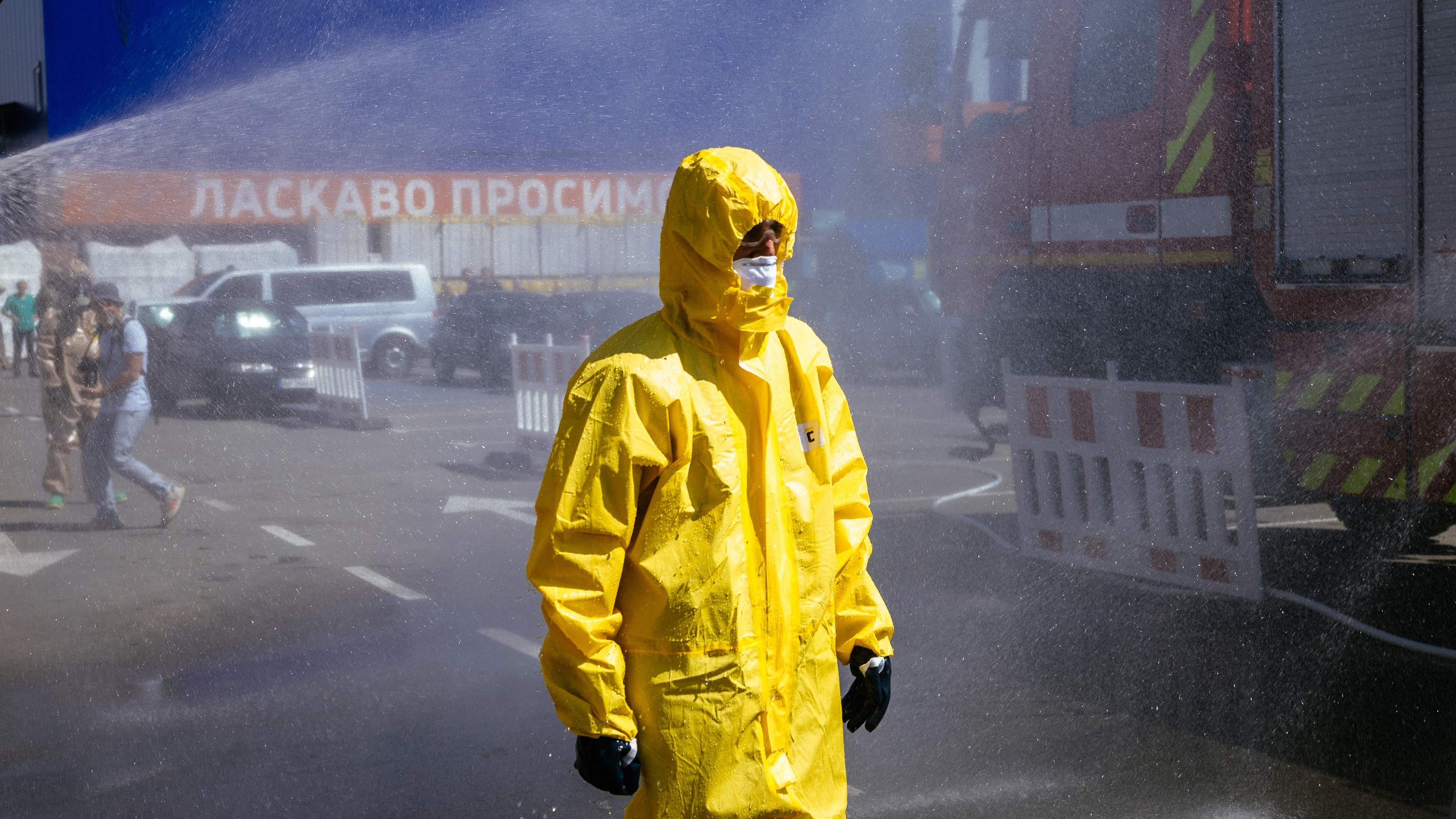Fact check: Experts say radiation emitted from human body isn't fatal
3 minute readPublished: Thursday, March 16, 2023 at 11:38 am

archive link
) features a picture of a woman holding a small vial.
"Humans Are Radioactive," reads the text within the post. "If 100 million avg humans kept in an isolated place for 8hrs, they will emit enough radiation to kill each one of them within 20 days.
The post garnered more than 15,000 likes in less than five weeks. Similar posts have been shared on Facebook.
Follow us on Facebook!
Like our page to get updates throughout the day on our latest debunks
Our rating: False
The amount of radiation emitted from the human body is extremely low and not dangerous, according to experts. Even with many people standing together in an isolated space, our bodies would act as shields against the radiation.
Experts say post misrepresents effects of radiation from humans
Michael Short
, a professor of nuclear science and engineering at the Massachusetts Institute of Technology, said the post oversimplifies and misstates the science involved.
"This looks to be a simple multiplication of dose emitted per person, without consideration of anything else," Short said in an email to USA TODAY. "It is true that each human emits roughly 0.01 microSieverts worth of radiation every few hours, give or take a small factor. If you multiply that by 100 million people, you get 1 sievert of radiation emitted by them every few hours."
Fact check:
Short explained that a sievert is a "measure of increased risk of ill effects from radiation on the human body." He said one Sievert would cause radiation sickness and possibly death in those with compromised immune systems.
The post ignores several critical factors, however, according to Short:
People would shield each other from others' radiation.
Some of the radiation emitted by each person is re-absorbed by that person, called self-shielding.
All that radiation would have to be localized in one person-sized place, or smaller, to be that damaging. A group of 100,000,000 people would take up a large amount of space, spreading out their radiation dose over that space. The dose one gets from being near a source of radiation decreases quickly with distance away from that dose.
John Boice Jr.
, director of science at the National Council on Radiation Protection and Measurements, said the claim is "nonsense."
"We live in a sea of low-level radiation," Boice said in an email to USA TODAY. "With every breath we take and every bite of food we eat, we inhale or ingest a tiny amount of radioactive elements. Thus, our bodies are slightly radioactive. However, the tiny amount of radiation emitted is minuscule and of no health concern."
Shayla Powell, a spokesperson for the Environmental Protection Agency, also said the claim is false.
"It is true that the human body or any living organism contains extremely low amounts of naturally occurring radioactive material thousands of times smaller than an x-ray," Powell said in an email to USA TODAY. "Therefore, if we stand, sit, or sleep next to another person, we receive a very small amount of radiation emanating from that persons body. However, by adding more and more people to the same space, we will not be increasing that amount of radiation because our bodies also act as a shield from radiation."
Powell said standing in a room with 100 million people wouldn't expose a person to any more radiation than being in a space with four people.
USA TODAY reached out to the user who shared the post for comment.
The claim has been debunked by the Associated Press as well.
Our fact-check sources:
, March 15, Email exchange with USA TODAY
Associated Press, March 13,